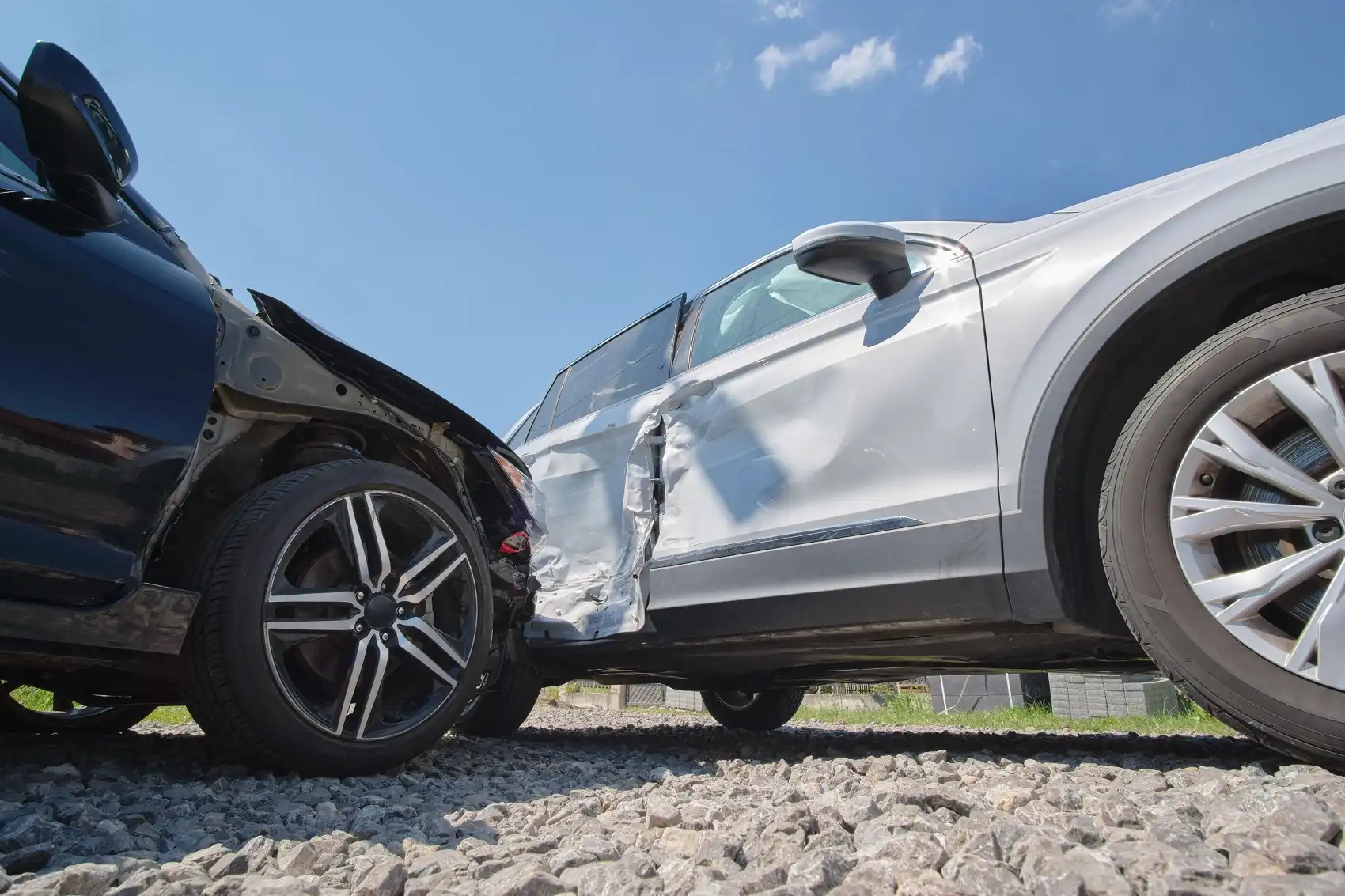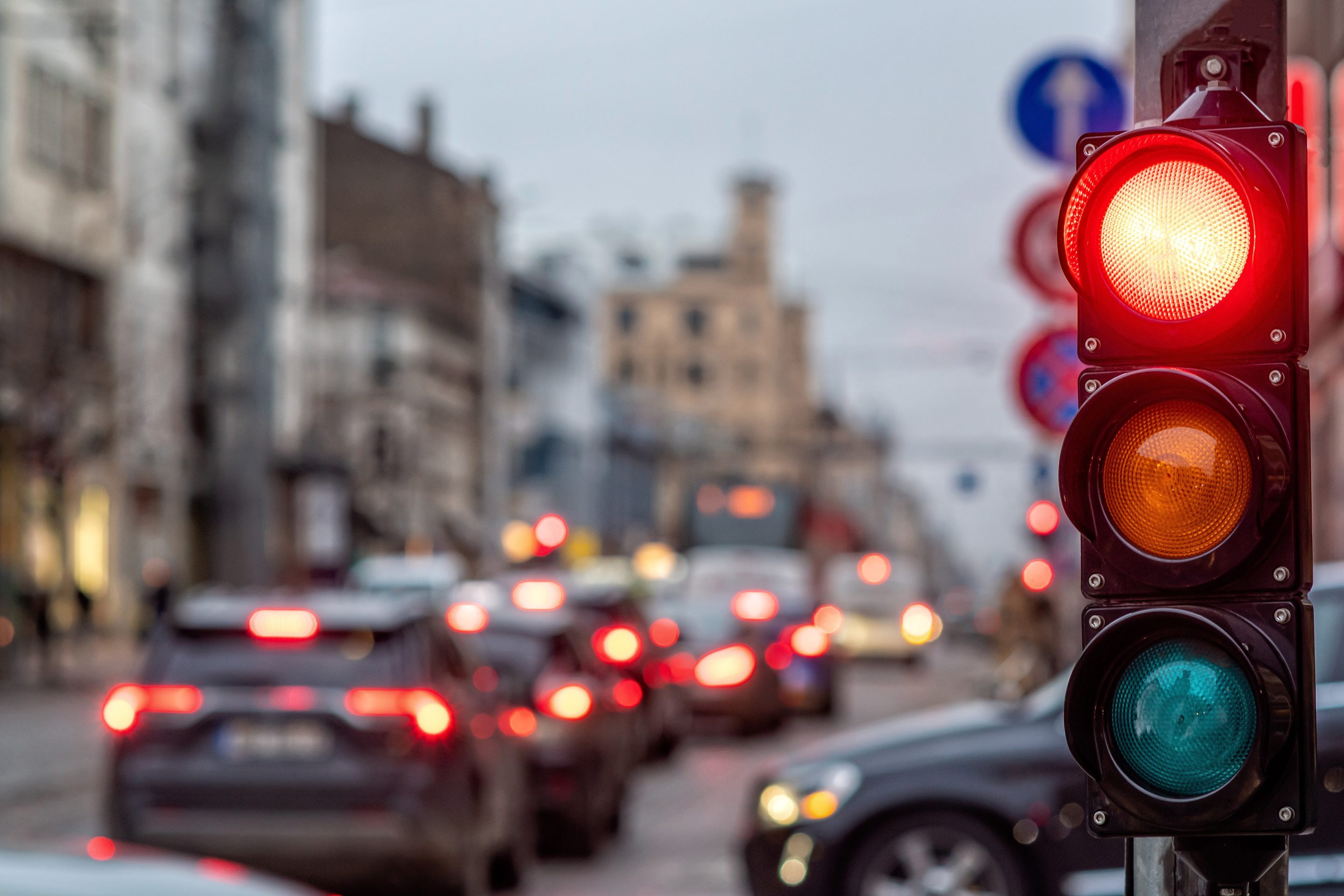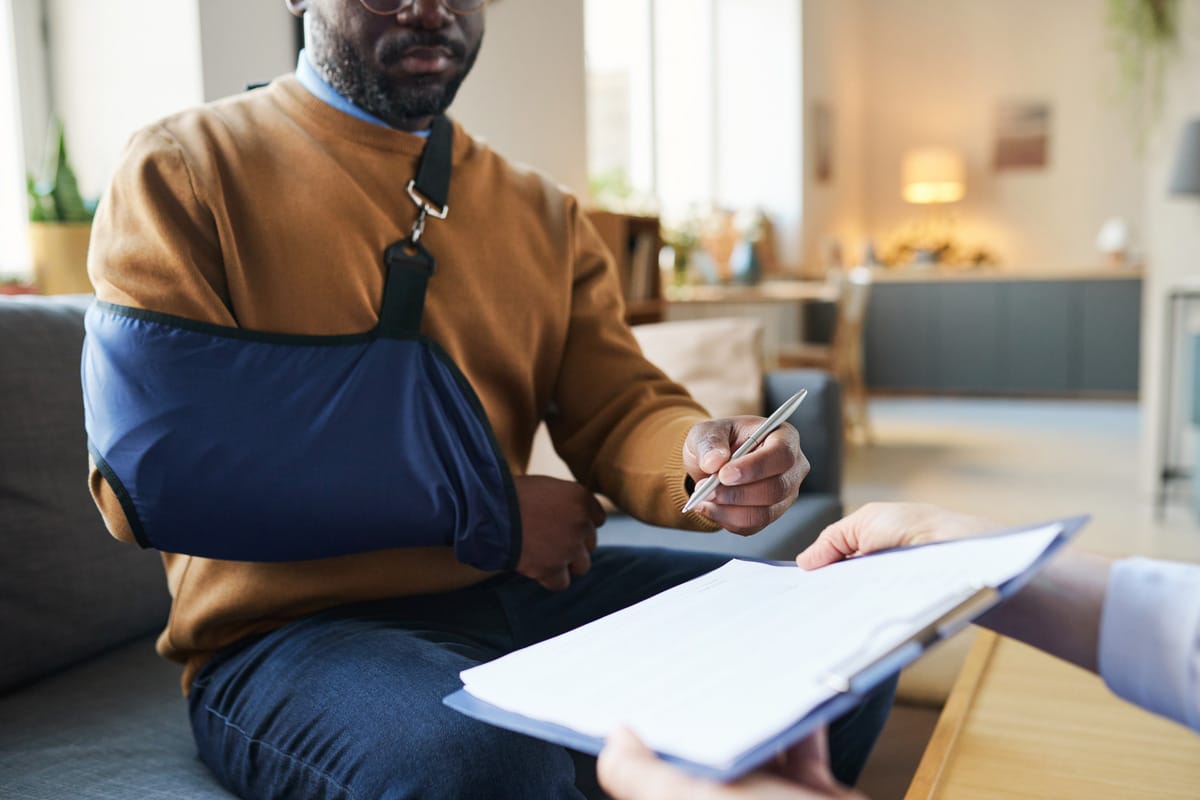Legal Rights of Victims in Side-Impact Collisions
Side-impact collisions, also known as T-bone or broadside accidents, are among the most dangerous types of motor vehicle crashes, often resulting in life-altering injuries and massive property damage. Unlike front or rear-end collisions, side impacts provide little protection to drivers and passengers. The sheer force and vulnerability of the vehicle’s side make these accidents especially violent.
If you or someone you love has been involved in a side-impact crash, understanding your rights in a side-impact collision is essential. This comprehensive guide breaks down everything you need to know: from causes and consequences to legal options, fault determination, and how to get maximum compensation.
At Roxell Richards Injury Law Firm, we believe that victims should never face pain and injustice alone. This blog is your roadmap to legal recovery, empowerment, and justice.
📚 Table of Contents:
1. What Is a Side-Impact Collision?
2. How Common Are Side-Impact Accidents?
3. Why Are Side-Impact Collisions So Dangerous?
4. Common Causes of Side-Impact Collisions
5. Typical Injuries from Side-Impact Crashes
6. Side-Impact Collision Legal Rights You Should Know
7. Understanding Comparative Fault in Texas
8. What Kind of Compensation Can You Claim?
9. The Claims Process: What to Expect
10. Common Insurance Tactics That Hurt Victims
11. Why You Need an Attorney After a Side-Impact Crash
12. How Roxell Richards Injury Law Firm Can Help
13. Call to Action: Let’s Get You Justice
What Is a Side-Impact Collision?

- T-Bone Collisions: One vehicle directly hits the side of another, forming a “T.” These often happen at intersections.
- Sideswipe Collisions: Two vehicles traveling in parallel, either in the same direction or in opposite directions, make contact along their sides. While these can be less severe, they can also cause loss of control and multi-vehicle pileups.
How Common Are Side-Impact Accidents?
Side-impact collisions account for a significant portion of serious traffic accidents and fatalities every year in the United States. These types of crashes are both frequent and disproportionately deadly due to the unique vulnerabilities they expose in vehicle design and occupant safety.
Key Statistics from the Insurance Institute for Highway Safety (IIHS):
-
- Nearly 1 in 4 passenger vehicle deaths are the result of a side-impact crash.
- Urban intersections are the most common settings for these collisions, particularly where traffic signals or stop signs are ignored or misjudged.
- About 9,000 people die annually in the U.S. from side-impact crashes, with many more suffering severe or life-altering injuries.
Why Are They So Common?
Several factors contribute to the high frequency of side-impact collisions:
In urban and suburban areas, intersections are everywhere. Drivers are required to constantly navigate complex traffic signals, multi-lane roads, pedestrians, and right-of-way rules. Just one error in judgment, like running a red light, can result in a devastating T-bone crash.
The surge in smartphone use has led to a marked increase in distracted driving. Drivers who take their eyes off the road, even for a few seconds, can easily miss a stop sign, fail to yield, or drive through a red light, causing a broadside collision.
Side-impact accidents often occur when drivers attempt to “beat the light” or speed through intersections. Failure to slow down or wait for a safe turn window is a recipe for disaster, especially during heavy traffic flow.
Limited visibility at night, during rain, or because of obstructed signs can cause drivers to miscalculate traffic movement, leading to side-impact crashes. These types of collisions often occur when a driver proceeds through an intersection, not realizing another vehicle is approaching from the side.
Many intersections lack adequate lighting, signage, or timing at traffic lights. Poorly designed intersections can confuse even experienced drivers, increasing the likelihood of side-impact incidents.
Why Are Side-Impact Collisions So Dangerous?
Unlike the front and rear ends of cars, which are designed with crumple zones to absorb impact, the sides of vehicles are often considered weak spots.
Key Reasons for Increased Danger:
-
- Less structural protection for occupants
- Closer proximity to the impact for the driver/passenger
- High-speed impacts are common at intersections.
- Lack of side airbags in older or budget vehicles
Common Causes of Side-Impact Collisions
Understanding how these crashes occur is critical for both preventing them and proving fault.
Top Causes Include:

🚦 Running red lights or stop signs
📵 Distracted driving (texting, eating, using GPS)
🍻 Driving under the influence of drugs or alcohol
💨 Speeding through intersections
🔁 Improper left turns
🧭 Failure to yield the right of way
🌧️ Poor weather or road conditions
Proving negligence in these scenarios is essential for recovering damages.
Typical Injuries from Side-Impact Crashes
Side-impact crashes cause a wide range of injuries, many of which can be life-threatening or long-term.
Physical Injuries:
-
- Traumatic brain injuries (TBIs)
- Spinal cord damage or paralysis
- Broken ribs, legs, pelvis, or hips
- Internal organ damage or bleeding
- Neck and back strain (whiplash)
Emotional Injuries:
-
- PTSD
- Anxiety while driving
- Depression due to injury-related life changes
These injuries can cost victims tens or even hundreds of thousands of dollars in treatment, lost wages, and long-term care.
Side-Impact Collision Legal Rights You Should Know
If you’ve been involved in a side-impact accident caused by someone else’s negligence, you have clear legal rights under Texas personal injury law.
Your Rights Include:
You can seek financial recovery for injuries, damages, and losses.
You can (and should) hire a lawyer to handle negotiations and protect your rights.
You are not required to give recorded statements. Speak with your attorney first.
You can access police reports, photos, videos, and witness accounts.
If a fair settlement isn’t reached, you may take the matter to court.
Understanding Comparative Fault in Texas
Texas operates under a “modified comparative fault” system:
-
- You can recover damages if you’re less than 51% at fault.
- Your share of fault will reduce the amount of compensation you receive.
- If you’re 51% or more at fault, you’re barred from recovery.
This makes proving the other driver’s negligence critical to your case.
What Kind of Compensation Can You Claim?
In a successful claim, you may recover economic and non-economic damages.
Economic Damages:
-
- Medical bills
- Rehab costs
- Lost wages
- Loss of future income
- Property damage
Non-Economic Damages:

-
- Pain and suffering
- Emotional distress
- Loss of enjoyment of life
- Disfigurement
- Mental anguish
In rare cases, punitive damages may be awarded if the at-fault driver acted with gross negligence (e.g., DUI).
The Claims Process: What to Expect
1. Medical Attention – Always seek medical attention after a crash.
2. Police Report – Obtain a copy; it’s crucial for your claim.
3. Evidence Collection – Photos, videos, contact info, etc.
4. Legal Consultation – Speak with a personal injury lawyer ASAP.
5. Investigation – Your attorney will gather expert opinions, crash reports, and insurance details.
6. Demand Letter – Sent to the insurer requesting fair compensation.
7. Negotiation Phase – Your lawyer and the insurer go back and forth.
8. Settlement or Lawsuit – If no fair offer is made, a lawsuit is filed.
Common Insurance Tactics That Hurt Victims
Insurance companies use tactics to delay, deny, or devalue your claim.
Watch Out For:
-
- Quick lowball offers
- Blaming you for the accident
- Delaying communication
- Requesting unnecessary documents
- Pressuring you to settle before hiring a lawyer
A seasoned attorney will block these tactics and negotiate in your best interest.
Why You Need an Attorney After a Side-Impact Crash
A personal injury attorney:
-
- Understands Texas negligence and insurance laws
- Collects and preserves evidence
- Deals with the insurance company
- Calculates fair compensation
- Files and litigates your case if necessary
With so much at stake, you need a powerful legal advocate to ensure you’re not taken advantage of.
How Roxell Richards Injury Law Firm Can Help
At Roxell Richards Injury Law Firm, we specialize in car accident law and helping victims of serious injuries. Our approach is client-first: we are aggressive with insurers and compassionate with clients.
Why Clients Choose Us:
Whether your case is straightforward or complex, we are prepared to stand with you and fight for you every step of the way.
Call to Action: Let’s Get You Justice
We fight. You win. That’s the Roxell Richards promise.
Houston, TX z7057
Phone: (713) 974-0388
Fax: (713) 974-0003
Frequently Asked Questions
Why are vehicle maintenance records important in car accident cases?
Maintenance records help determine whether a vehicle was safe to drive. They can show if a crash happened due to mechanical failure, poor upkeep, or negligence by the owner, driver, or mechanic. These documents often play a key role in proving fault and securing compensation.
What types of maintenance issues commonly cause car accidents?
Some of the most common maintenance-related failures include:
-
Brake failure
-
Tire blowouts or bald tires
-
Faulty headlights, brake lights, or turn signals
-
Steering or suspension issues
-
Engine or transmission problems
Any of these can lead to severe collisions, especially at high speeds or in heavy traffic.
Can maintenance records help prove I’m not at fault?
Absolutely. If another driver claims you caused the accident due to poor maintenance, your repair history—such as recent brake service or tire replacement—can help defend you and prove your vehicle was well-maintained.
Can a mechanic or repair shop be sued for a maintenance-related accident?
Yes. If a mechanic failed to detect a major issue, installed faulty parts, or performed negligent repairs that contributed to the crash, they may be held legally responsible.
How can a car accident lawyer use maintenance records to strengthen my case?
Your attorney can use the records to:
-
Prove the other party’s negligence
-
Defend you from false blame
-
Identify liability beyond the driver (e.g., mechanic, manufacturer)
-
Support insurance negotiations
-
Build a strong claim for compensation

